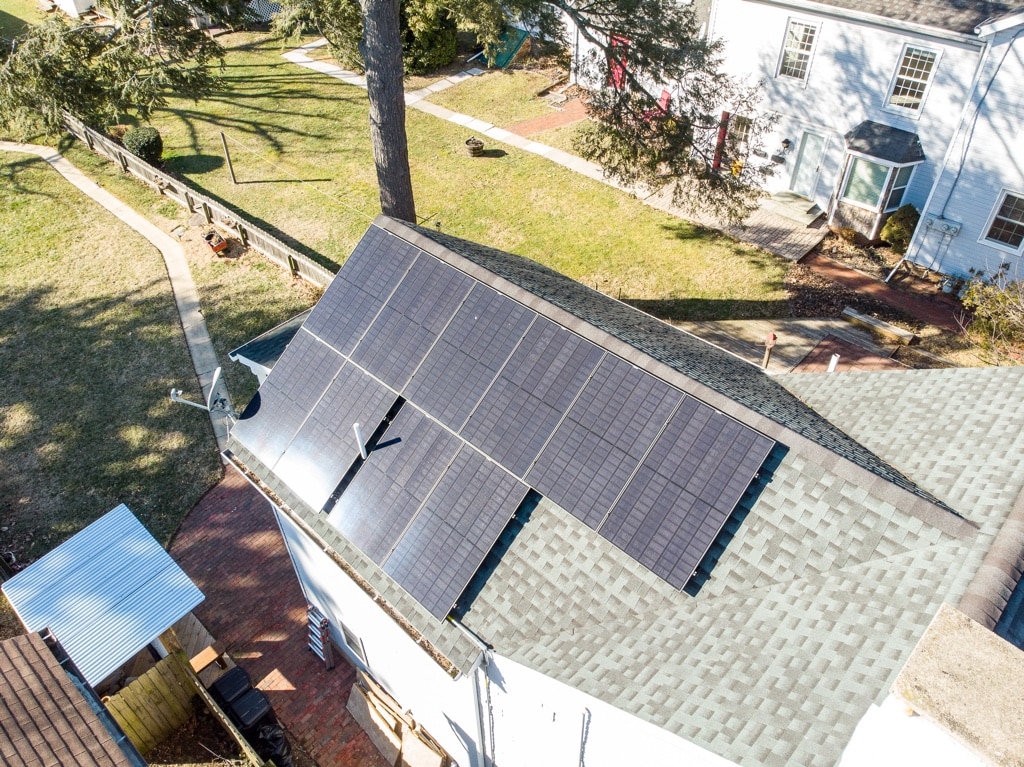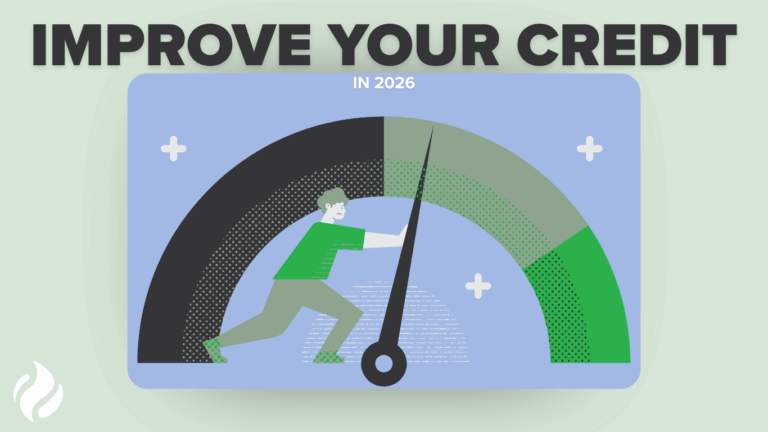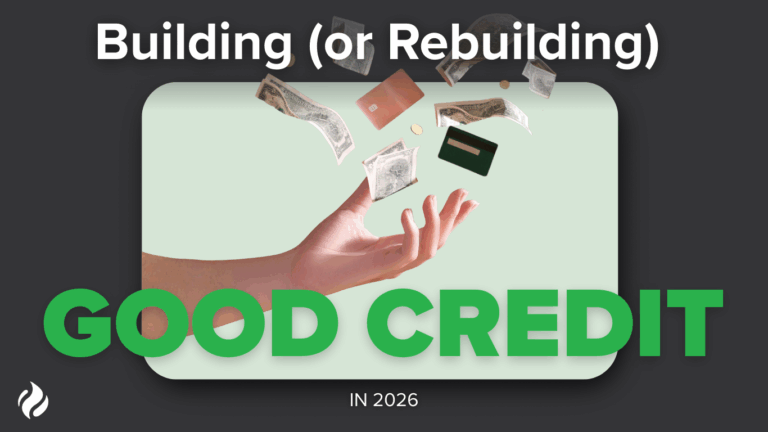Do you envision a future where clean, renewable energy is the norm? If so, you’re probably already well aware of all of the benefits that come along with switching to solar panels as a primary energy source. However, many households that rent and don’t own their home chalk going solar up to a pipe dream.
The good news? Not owning a home doesn’t necessarily have to be a dealbreaker.
The “bad” news? If you want a fully functional system, you will have to persuade your landlord.
You’re probably wondering what to do if you’re not able to get your landlord to approve a full panel installation. There are still some ways to implement solar energy that doesn’t require permission.
In this post, we’ll break down the details and fill you in on some of the solar solutions that can be used by renters.
Convincing Your Landlord to Make the Switch to Solar Panels
Unfortunately, there are quite a few myths out there about switching to solar energy that may create some resistance when you first mention the idea to your landlord. Luckily, there is plenty of concrete data out there that can be used to lay some of those false ideas to rest.
The two main things that are likely to be on your landlord’s mind are convenience and cost. Many people believe that solar panel installation is a long, drawn-out process…but in this day and age, that is simply not the case. In fact, when you work with a company like us, the property owner hardly has to lift a finger.
Consider showing the homeowner our case study as proof of how simple it really is. We even take care of obtaining the permits and filing the paperwork!
Breaking Down the Benefits
If the person that you rent from leads a busy life, the best way to explain the perks that switching to solar has to offer is through a printed off list or email. This way, they can read it over on their own time and they will be less likely to brush it off due to being preoccupied with the other stuff they have going on.
Benefits like lowered energy costs are great for you, but they don’t really mean much to the property owner if you are the one responsible for the utility costs.
Here are some points you’ll want to mention that have a direct impact on property owners:
- Tax credits and green energy incentives
- Increased property value
- Taking an active stance against climate change
- Making the home more appealing to future renters
Not Able to Convince the Property Owner?
There are a variety of small, portable systems and devices available that don’t require any permanent alterations to the home – and therefore typically do not require permission from the landlord. Of course, you’ll want to double-check your lease just to be safe before going this route.
Portable systems also have the added advantage of, well, being portable! If you don’t envision staying in your current place beyond your initial lease period, investing in a portable system will allow you to bring clean energy with you wherever you decide to go next.
These systems can be used in window sills and even on the roof so long as you aren’t permanently altering the structure of the home in any way.
The downside is that you will have to pay for the panels, controller, inverter, and battery on your own. If you choose to go this route, you should still consult with a solar energy professional to ensure that the equipment you purchase is safe, set up properly, and in alignment with city codes and regulations.
Smaller, portable systems like this will not cover the full extent of your energy use. They are typically used by those on the go in small devices like campers – but they can certainly put a dent in your usage by providing enough energy to charge up your devices and small appliances.
Most Utility Companies Allow Their Customers to Opt Into Purchasing Their Energy From Renewable Sources
If you’re unable to get your landlord to install a traditional solar panel system, and you don’t want to mess around with portable options, there’s still something you can do!
Today, the large majority of utility companies allow people to choose to purchase energy that has been obtained from renewable sources like solar and wind. This is typically referred to as “green pricing”.
By going this route, you can take a stand against unrenewable energy for a small fee each month without having to purchase any equipment.
We recommend taking a look at our FAQs guide if you’re ready to have a conversation with your landlord. You may even want to print off a copy to provide to the property owner. Have them contact us with any questions they may have.




